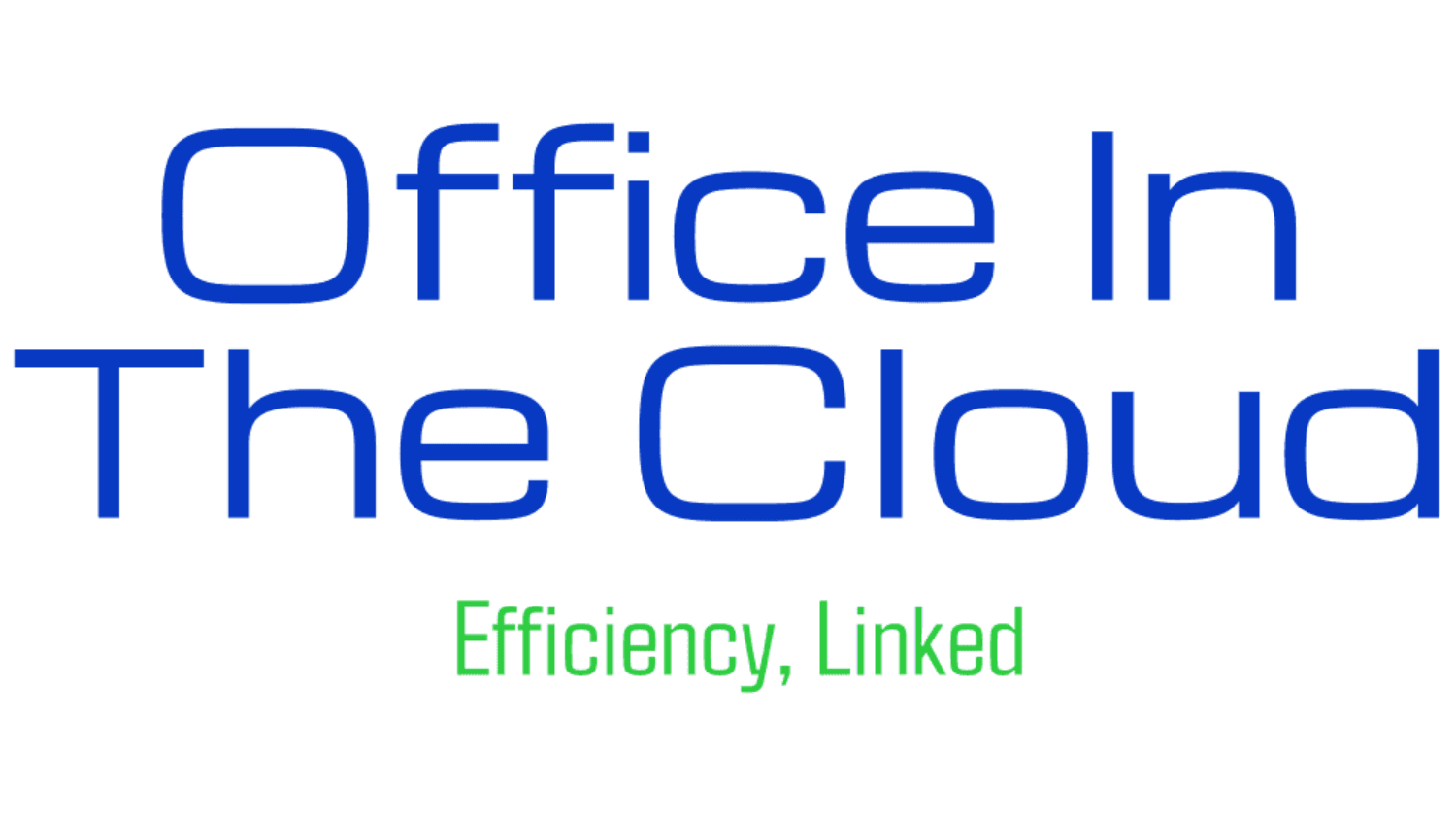The Importance of HIPAA Compliance in Patient Portal Payments
Understanding HIPAA Compliance
The Health Insurance Portability and Accountability Act (HIPAA) is a critical regulation in the healthcare industry, designed to protect patient information. When it comes to patient portal payments, ensuring HIPAA compliance is not just a legal obligation but a key aspect of maintaining trust with patients. The act establishes national standards to safeguard individuals' medical records and other personal health information.
With the increasing digitization of healthcare services, patient portals have become a vital tool for managing health records and payments. However, this convenience comes with the responsibility of ensuring that all transactions are secure and compliant with HIPAA regulations.

The Role of Patient Portals in Healthcare
Patient portals have revolutionized the way healthcare providers interact with patients. These platforms offer a secure online space where patients can access their health information, schedule appointments, and make payments. The integration of payment systems in these portals simplifies the billing process and enhances patient satisfaction.
However, the inclusion of payment functionalities also introduces potential security risks. It is crucial that healthcare providers implement robust security measures to protect sensitive information during these transactions.
Key Components of HIPAA Compliance in Payments
Ensuring HIPAA compliance in patient portal payments involves several key components:
- Encryption: All payment data must be encrypted to prevent unauthorized access.
- Access Controls: Only authorized personnel should have access to sensitive payment information.
- Audit Trails: Maintain detailed logs of all payment transactions to monitor for any suspicious activity.

The Risks of Non-Compliance
Non-compliance with HIPAA regulations can lead to severe consequences, including hefty fines and legal action. More importantly, it can result in a loss of trust from patients. Patients need to feel confident that their personal and financial information is secure when using patient portals.
Healthcare providers must conduct regular audits and updates to their systems to ensure ongoing compliance. This includes keeping up with the latest security technologies and protocols.
Benefits of HIPAA-Compliant Payment Systems
Implementing HIPAA-compliant payment systems not only protects patients but also benefits healthcare providers. By ensuring compliance, providers can:
- Enhance patient trust and satisfaction.
- Reduce the risk of data breaches and associated costs.
- Improve operational efficiency through streamlined processes.

Steps to Achieve Compliance
To achieve HIPAA compliance in patient portal payments, healthcare providers should follow these steps:
- Conduct Risk Assessments: Regularly evaluate potential vulnerabilities in your payment systems.
- Train Staff: Ensure all staff members understand HIPAA requirements and the importance of compliance.
- Implement Strong Security Measures: Utilize advanced technologies like encryption and two-factor authentication.
By taking these steps, healthcare providers can create a secure environment for both patients and their own operations, ultimately leading to better care delivery and patient satisfaction.
Conclusion
The importance of HIPAA compliance in patient portal payments cannot be overstated. As more healthcare providers adopt digital solutions, prioritizing security and compliance is essential. By doing so, they protect patient information, enhance trust, and ensure the smooth operation of their services.
